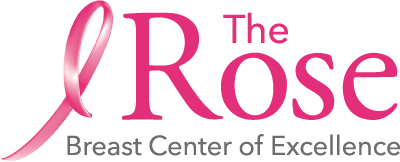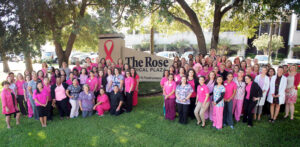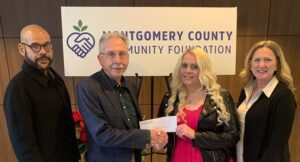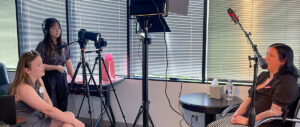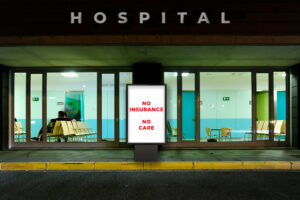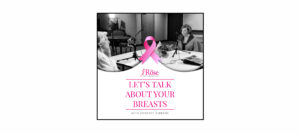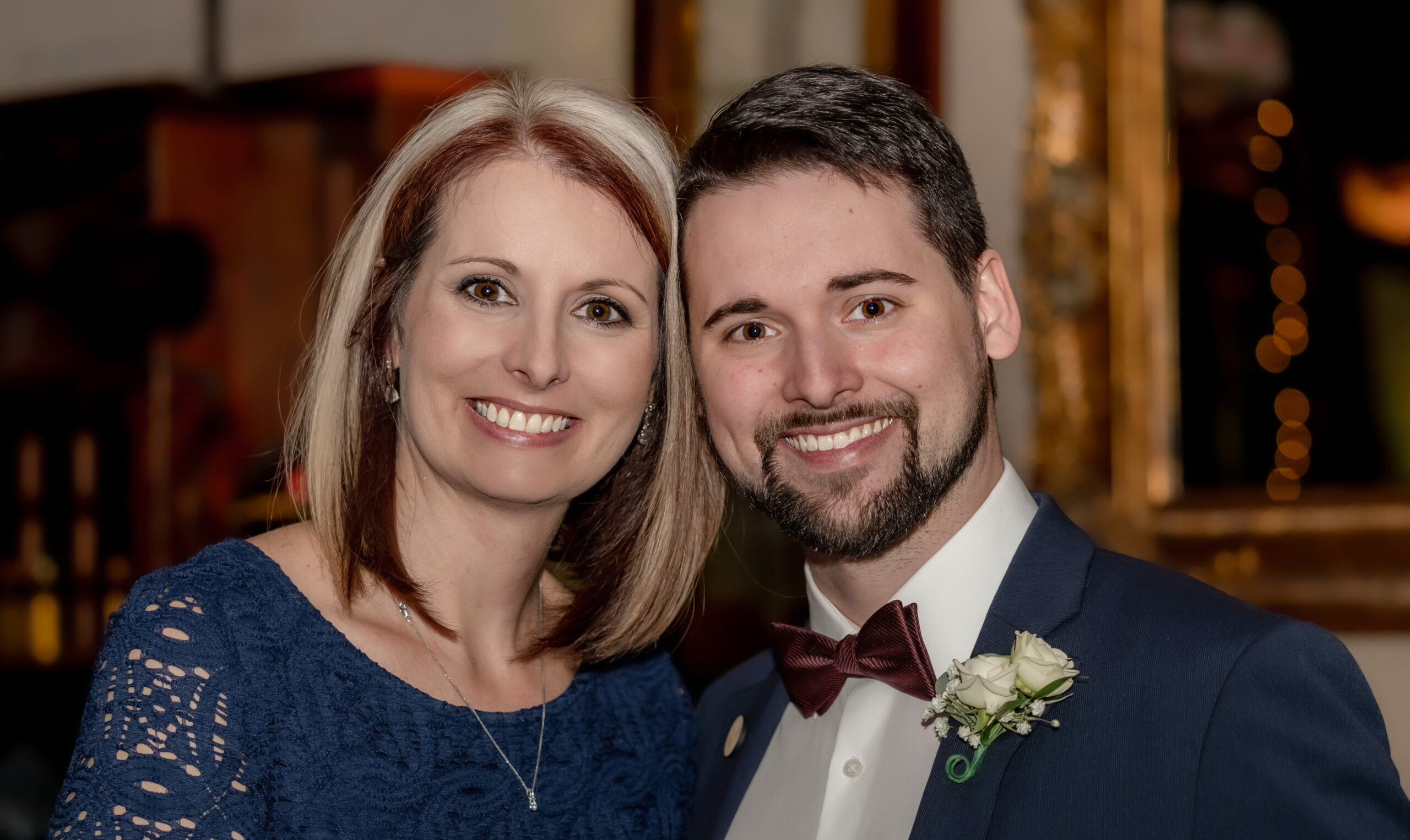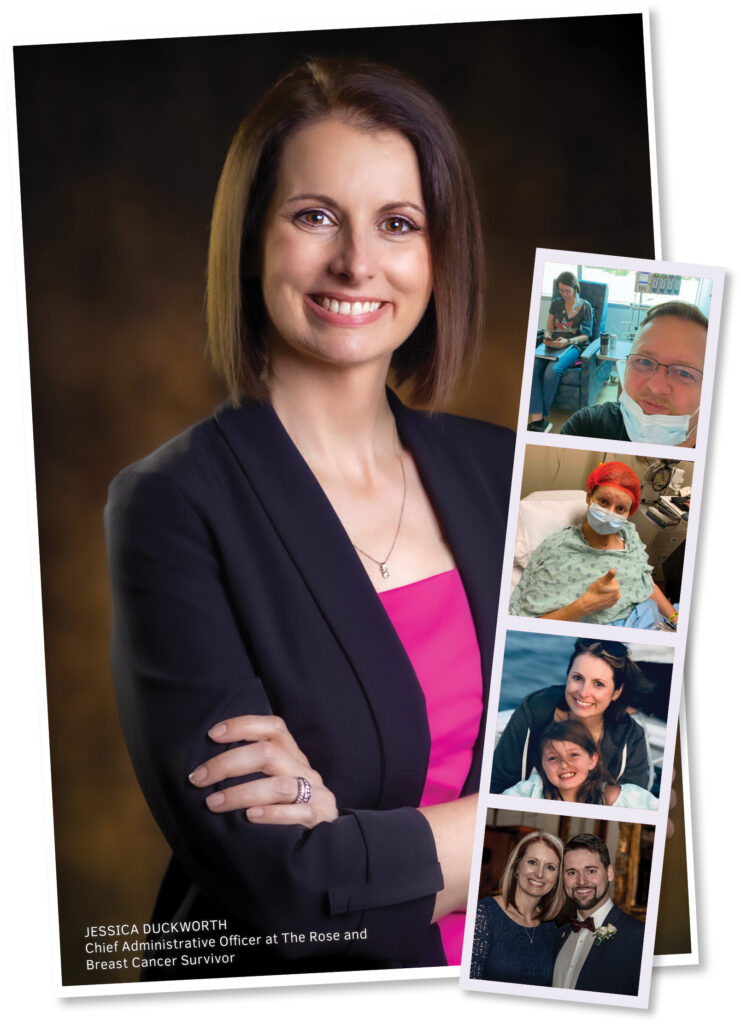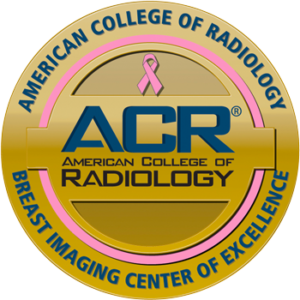By: Matthew Wallace
In May of 2020, in the midst of the COVID-19 pandemic and after being confined to quarantine for almost two months, at a time when I did not believe that life could get much more difficult than it already was, my mother, who is also the Chief Administrative Officer at The Rose, came home from work and informed our family that she had been diagnosed with breast cancer. It was a day filled with tears, a moment that I will never forget and still makes my heart ache to think about. Discovering that a close relative, especially a parent, is sick with a life-threatening disease can be one of the hardest days of a person’s life; something I think anyone, whether you have been through it or not, can empathize with.
After the diagnosis came the questions. What was the protocol for treatment? How severe was the diagnosis? How long did the doctors think the cancer had gone undetected? These were some of the many thoughts that conglomerated in my mind, but I voiced none of them. I wanted to comfort my mother and make sure that she was okay before assessing how I felt. This moment was about her, not about me, and I was certain that the last thing she needed after receiving such devastating news was to be bombarded with the same questions that she probably had herself; questions that she probably did not have the answers to. However, there was one question that pushed past the rest, forcing itself to be asked.
Was She Scared?
My mother has worked in women’s health for almost two decades and has been a witness to almost every nightmare scenario that one could imagine. It was my hope that, because she had such a wealth of knowledge regarding breast cancer and its effects, her background would make her diagnosis somewhat easier for her to digest, and maybe even suppress her fear. Of course, it did not. She expressed to me that she had the same hope—that her background would help prepare her for what was to come—but she admitted that, after sitting on the patient-side of the desk, speaking to the doctors and accepting the reality of how it felt to be the victim of such a brutal disease, she was shocked to find that she was not as emotionally equipped as she had hoped. To make matters worse, the COVID-19 pandemic forced her to endure such a turbulent time by herself, unable to have family accompany her to any of her doctor visits or her treatments due to hospital restrictions.
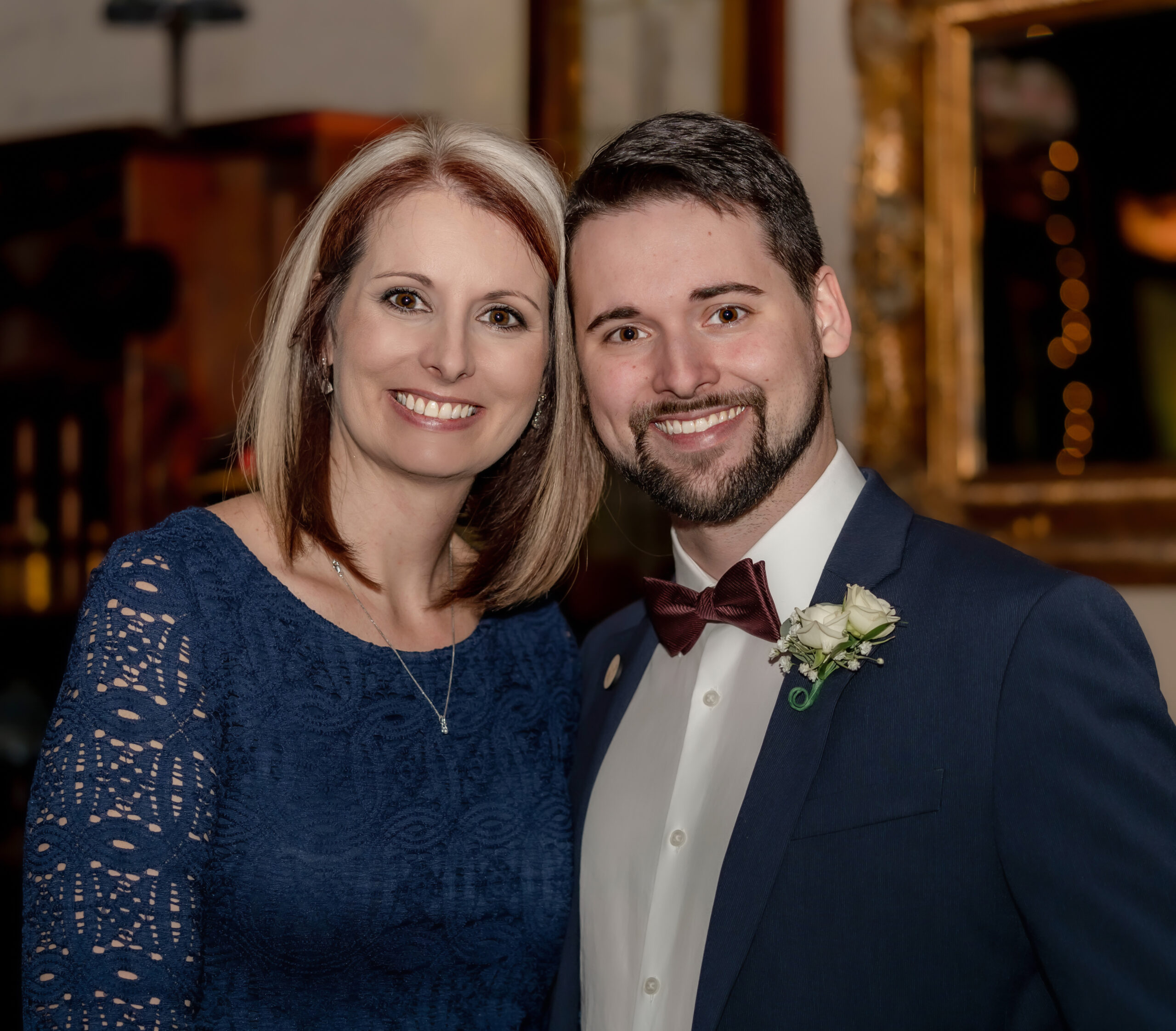
“The day my mother told me that she had cancer was one of the worst days of my life, but today, after months of treatment, the word that comes to my mind to describe the experience is resilience.”
— Matthew Wallace, Jessica’s Son
Of course, she was scared. At only 41-years-old, no woman would expect to receive such grave news about their health. After being diagnosed with cancer at such a young age, the concept of time, or the lack-there-of, had never felt more real to my mother. The reality of how little time we have with the ones we love—how short life really is—weighed heavily on her. However, to my surprise, after speaking with her numerous times about her thoughts and feelings regarding her situation, her fear appeared to be directed more toward her family. Her first thought after hearing her diagnosis landed on my sister; she was concerned about her genetics and how her illness might affect her children. She worried about the stress that would be put on my father, having to solely take care of our family when her strength would not allow her to help. She worried about my sister (only 7-years-old at the time) and myself having to watch her wade through such a painful process.
The idea that my mother would be more worried about me than herself—when her life was in jeopardy—was something that I would never have anticipated; however, until then, I never realized that cancer is something that affects not just one person, but the entire family of the afflicted. It was difficult to watch my mother endure the pain she went through, but it also hurt to see my father watch her endure such pain. It hurt to watch my parents have to decide just how much information to divulge to my sister, unsure if a little girl would understand why her mother felt so sick after chemotherapy treatments; then to see how confused my sister felt when my parents did sit down and explain things to her.
I was so concerned about my mother when she first told me that she had cancer, so caught up in masking my emotions for her sake and trying to be strong for her, that I forgot we were all in this together. And that was how we got through the entire experience: Together. As a family.
I think about my mother’s strength; her unrelenting ability to battle the pain she had to endure, and her refusal to let cancer define her life or get the best of her. I can remember the day of her mastectomy, when I got the opportunity to visit her in the hospital mere hours later (Keeping six feet away at all times, of course), seeing her sitting up in a chair and admiring her strength. It was in that moment that I truly understood the meaning of the word survivor. It has been a long, painful journey, but with my mother’s strength and the love of our family, we survived, which is something we will be forever grateful for.
To schedule a media interview with any member of our board, please contact Lis Harper at 281-846-5976 or email [email protected]. For more information, or to donate or volunteer, please visit www.therose.org.
About The Rose
Since 1986, The Rose has provided high quality breast healthcare to all women, regardless of their ability to pay. Its mission is to save lives through quality breast health services, advocacy and access to care for all. As a Breast Imaging Center of Excellence, The Rose is led by Fellowship trained physicians and offers advanced digital technology including 3-D tomosynthesis mammography, diagnostic workups, biopsies and its nationally recognized Patient Navigation Program ensures access to treatment and a continuum of care for all women. As a major part of Southeast Texas’ Healthcare Safety Net, The Rose is a strong advocate for quality breast healthcare and access to care. The Rose provides direct medical services to 40,000 insured and uninsured patients annually. Two Houston-based comprehensive Diagnostic Centers and Mobile Mammography Coaches provide services to women throughout 43 counties in Southeast Texas.
